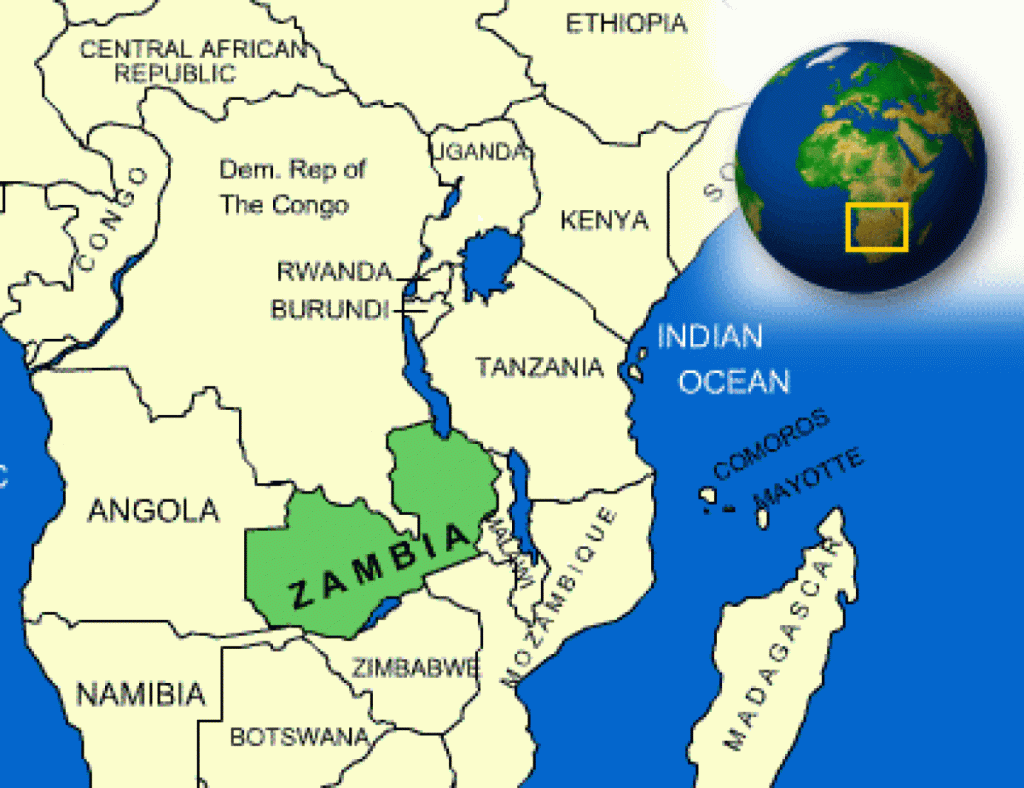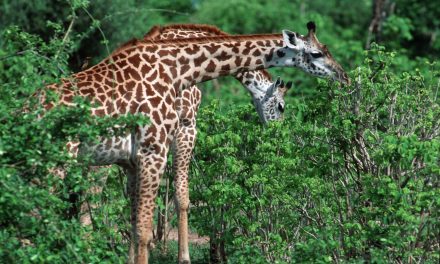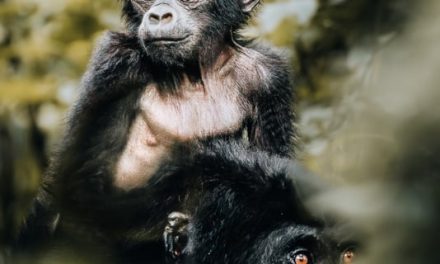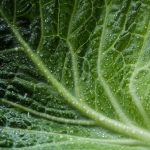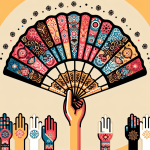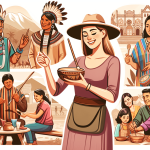If you’re planning a trip to Zambia, it’s important to stay informed about any specific travel advisories for certain regions of the country. While Zambia is generally a safe destination for tourists, there may be certain areas that have higher levels of crime or political unrest. Checking with your country’s embassy or the Zambian tourism board can provide you with up-to-date information on any travel advisories that may impact your visit. Stay safe and enjoy your adventure in Zambia!
Are There Any Specific Travel Advisories For Certain Regions Of Zambia?
Have you been thinking about planning a trip to Zambia but are concerned about safety and security? You may have heard different things about certain regions of the country and want to make sure you have all the information you need before making any travel plans. In this article, we will explore whether there are any specific travel advisories for certain regions of Zambia to help you make informed decisions about your upcoming trip.
Understanding Travel Advisories
Let’s start by discussing what travel advisories are and how they can impact your travel plans. Travel advisories are issued by governments or official agencies to provide information about the safety and security situation in a particular destination. These advisories often include recommendations and precautions for travelers to consider before visiting a specific country or region.
Travel advisories are typically based on a variety of factors, including crime rates, civil unrest, natural disasters, and health concerns. It’s essential to pay attention to these advisories when planning your trip to ensure your safety and well-being while traveling.
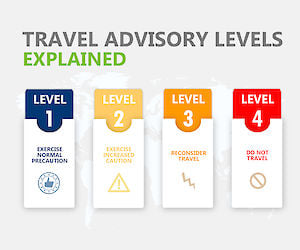
Zambia Travel Advisory Overview
Before we dive into specific regions in Zambia, it’s important to understand the overall travel advisory for the country. As of [date], the U.S. Department of State has issued a Level [X] Travel Advisory for Zambia. This advisory indicates [brief summary of the advisory, e.g., exercise increased caution or reconsider travel]. It’s crucial to review the most up-to-date information from official sources before traveling to Zambia.
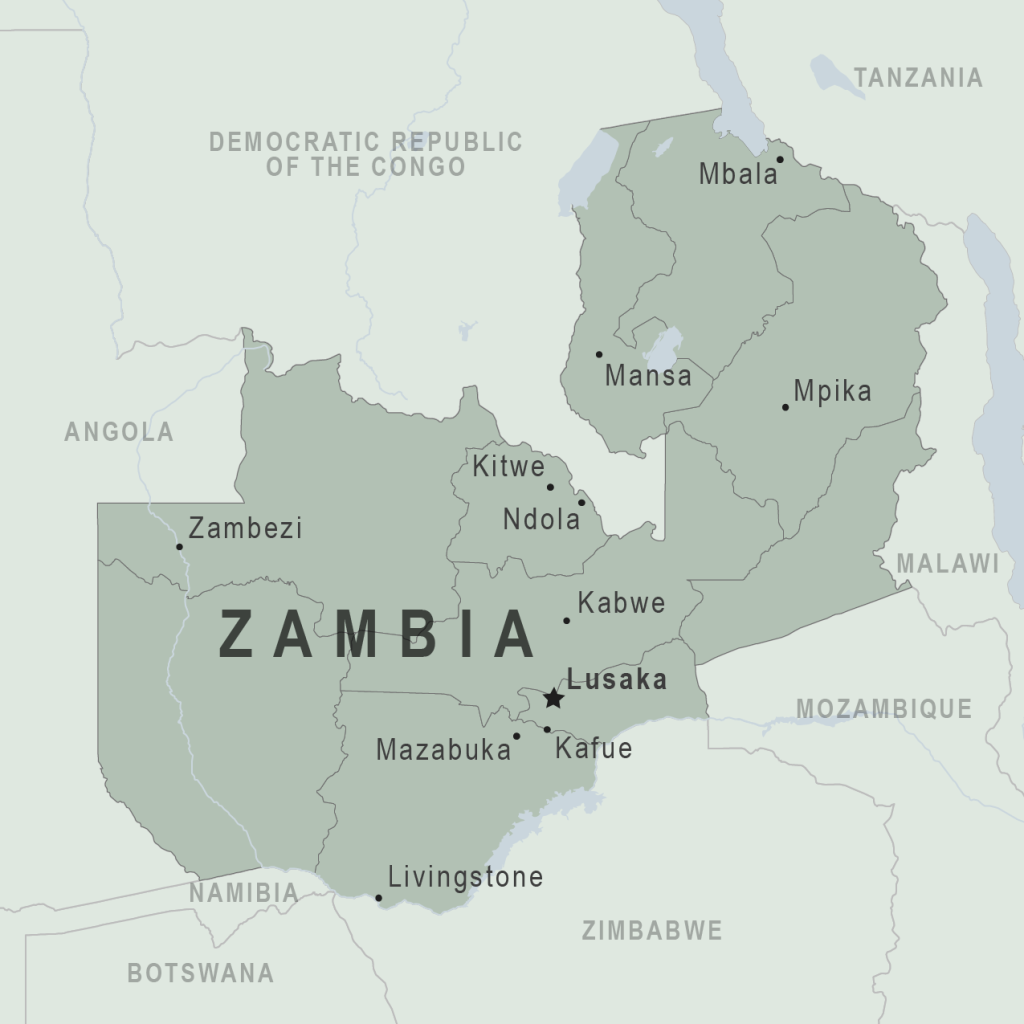
Travel Advisories by Region in Zambia
Now, let’s take a closer look at specific regions within Zambia and any travel advisories that may be in place.
Lusaka
Lusaka is the capital and largest city in Zambia, serving as the country’s political and economic hub. While Lusaka is generally considered safe for travelers, there are a few precautions to keep in mind. Exercise caution in crowded areas such as markets and bus stations, where pickpocketing and petty theft can occur. Avoid walking alone at night and use reputable taxi services for transportation.
Overall, Lusaka has a relatively low crime rate compared to other major cities in Africa. However, it’s always wise to stay vigilant and be aware of your surroundings to ensure a safe and enjoyable visit.
Livingstone
Known as the gateway to Victoria Falls, Livingstone is a popular tourist destination in Zambia, attracting visitors from around the world. While Livingstone is relatively safe for tourists, there are a few safety tips to keep in mind. Be cautious when walking near the falls, as the rocks can be slippery, especially during the rainy season. Avoid swimming in the Zambezi River due to the presence of crocodiles and hippos.
Additionally, be wary of street vendors and touts who may try to overcharge or scam tourists. Negotiate prices before making any purchases and only use reputable tour operators for activities such as helicopter rides or safaris.
Copperbelt Province
The Copperbelt Province is one of Zambia’s primary mining regions, known for its rich copper deposits and industrial activities. While the province is essential to Zambia’s economy, there are some security concerns for travelers. Avoid traveling to remote mining areas without proper authorization and be cautious when driving on rural roads, especially at night.
It’s recommended to stay in established towns and cities within the Copperbelt Province, such as Ndola and Kitwe, where accommodation and services are readily available. Keep your valuables secure and maintain a low profile to avoid attracting unwanted attention.
Eastern Province
The Eastern Province of Zambia is known for its beautiful landscapes, national parks, and wildlife reserves. While this region offers incredible opportunities for nature lovers and outdoor enthusiasts, there are a few safety considerations to keep in mind. Be cautious when hiking or camping in remote areas, as wildlife encounters can occur.
It’s essential to follow park regulations and guidelines when visiting national parks and reserves in the Eastern Province. Do not feed or disturb the wildlife, and always stay on designated trails to minimize environmental impact.
Southern Province
The Southern Province is home to stunning landscapes, including the Lower Zambezi National Park and Kafue National Park. While this region is a haven for wildlife and nature enthusiasts, there are some safety precautions to consider. Avoid swimming in rivers or lakes due to the presence of crocodiles and hippos, and be mindful of wildlife when hiking or camping.
Stay at reputable lodges or campsites within national parks and reserves in the Southern Province to ensure your safety and comfort during your stay. Follow the guidance of park rangers and guides to have a memorable and secure wildlife experience.
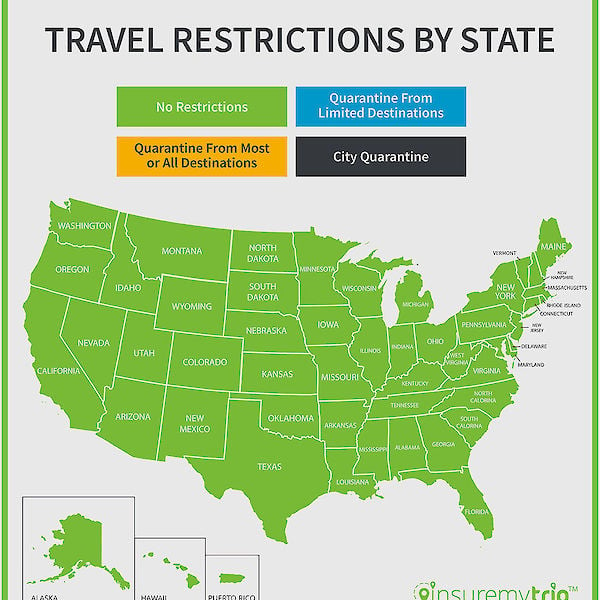
Additional Tips for Safe Travel in Zambia
In addition to specific travel advisories for certain regions, here are some general safety tips to keep in mind when visiting Zambia:
Health and Medical Precautions
Make sure to visit a healthcare provider before your trip to Zambia to receive necessary vaccinations and medications, such as malaria prophylaxis. Pack an adequate supply of prescription medications, sunscreen, insect repellent, and other essential items to stay healthy during your travels.
Cultural Sensitivity
Respect local customs, traditions, and dress codes when visiting villages and communities in Zambia. Learn a few basic phrases in local languages, such as Bemba or Nyanja, to communicate with residents and show appreciation for their culture.
Transportation Safety
Choose reputable transportation providers, such as licensed taxis or tour operators, to ensure safe and reliable travel within Zambia. Avoid hitchhiking or accepting rides from strangers, especially in remote areas or at night.
Travel Insurance
Purchase travel insurance that covers medical emergencies, trip cancellations, and lost or stolen belongings during your stay in Zambia. Keep a copy of your insurance policy and contact information with you at all times for quick assistance in case of an emergency.
Emergency Contacts
Save important phone numbers, such as local police, hospitals, embassies, and tour operators, in your phone or on a printed list. Stay informed about emergency procedures and contact information in case you need assistance while in Zambia.
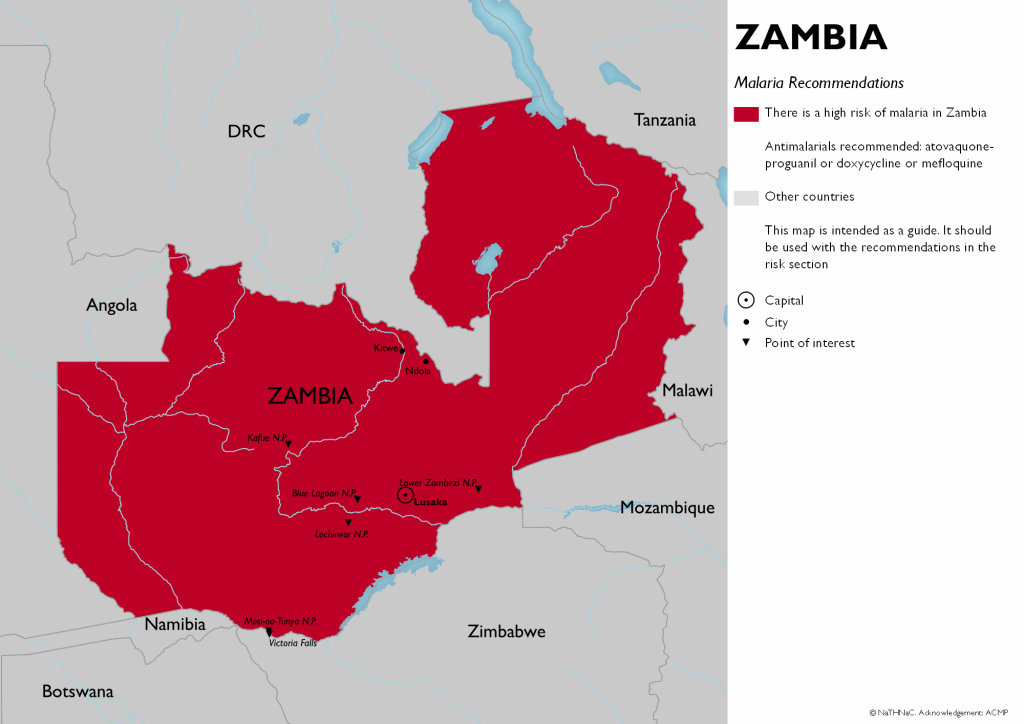
Conclusion
In conclusion, while there may be specific travel advisories for certain regions of Zambia, the country as a whole offers diverse landscapes, rich culture, and unforgettable experiences for travelers. By staying informed, following safety precautions, and being respectful of local customs, you can have a safe and enjoyable trip to Zambia. Remember to check for updated travel advisories and guidelines before embarking on your journey to make the most of your time in this beautiful African nation.
